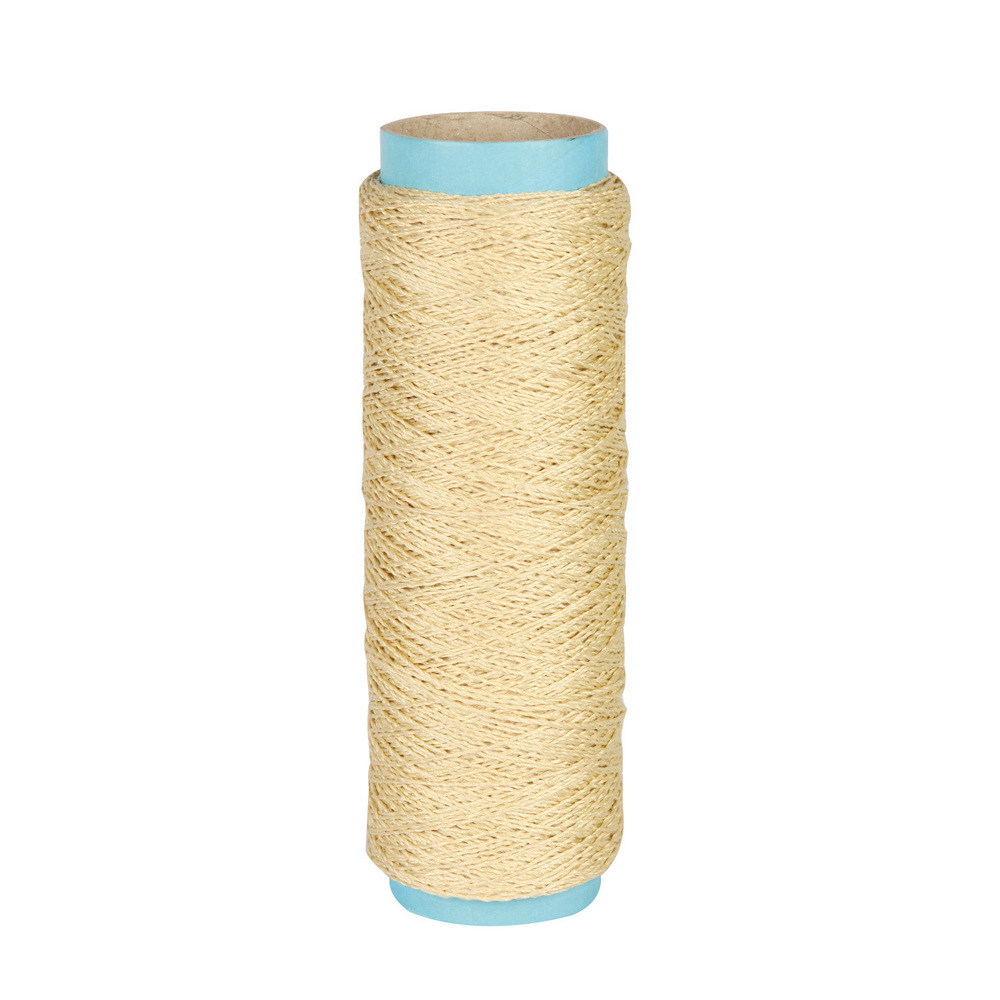It inherits the core advantage of polypropylene—"light weight" (with a density of approximately 0.91g/cm³, which is lower than that of water, allowing it to float on the water surface). The twisting process further optimizes the yarn structure; under the same weight, its breaking strength is higher than that of common fibers such as cotton and polyester. It is suitable for scenarios requiring light weight and wear resistance (e.g., outdoor carpets, luggage fabrics).
Excellent Bulkiness and Elasticity
The BCF (Bulk Continuous Filament) process endows the fiber with a natural bulky structure. After twisting, it not only retains bulkiness (enhancing the fabric's warmth retention and tactile comfort) but also improves elastic recovery. It can rebound quickly after being compressed and is less prone to permanent deformation, making it particularly suitable for products that need to maintain their shape for a long time, such as carpets and sofa velvet fabrics.
Chemical Corrosion Resistance and Weather Resistance
Polypropylene itself has high stability against chemical reagents like acids, alkalis, and salts. The twisting process does not change its chemical properties; therefore, this fiber is resistant to detergents and seawater erosion, and also has good UV aging resistance. It can be used in outdoor decorative fabrics or industrial filtration materials.

View More(Total0)Comment Lists